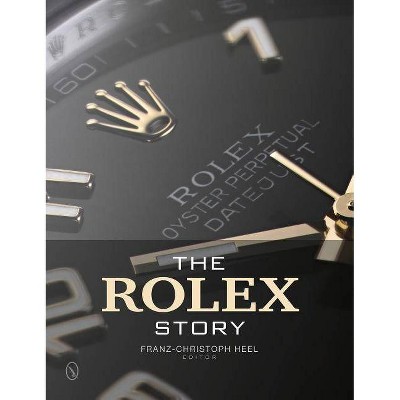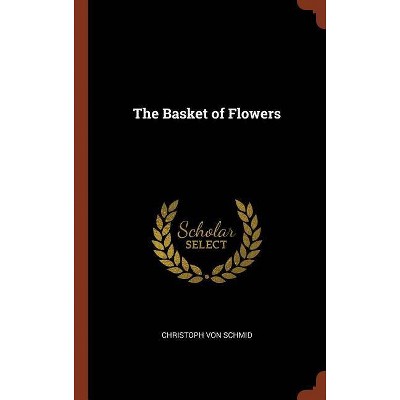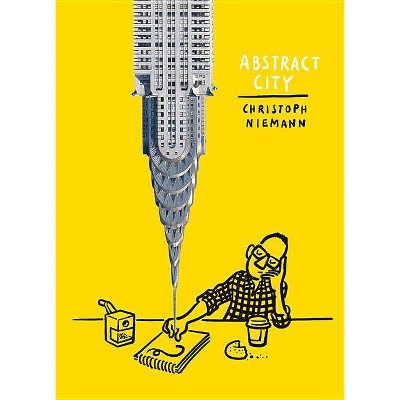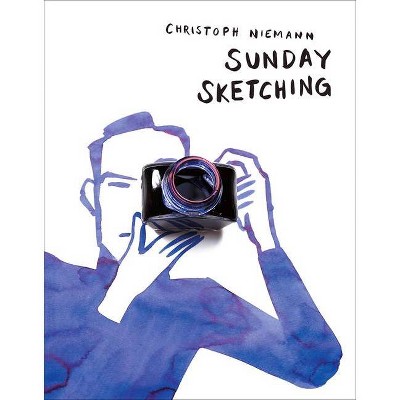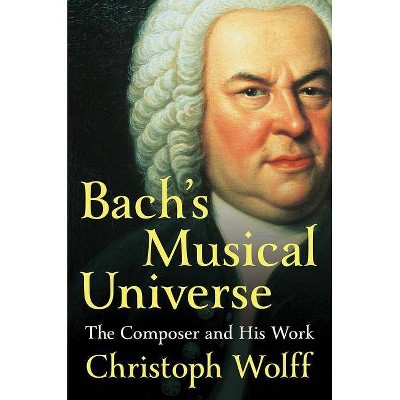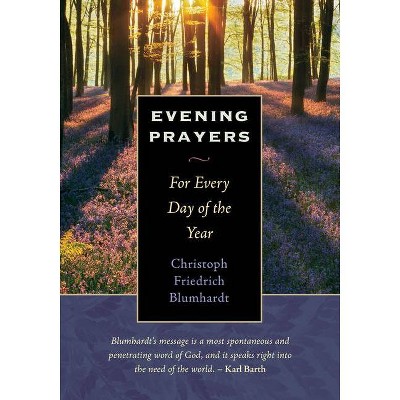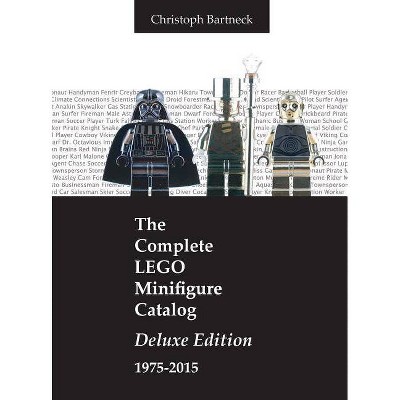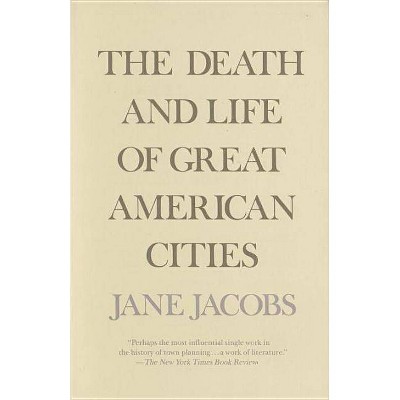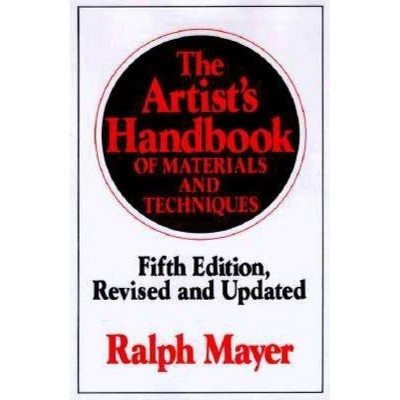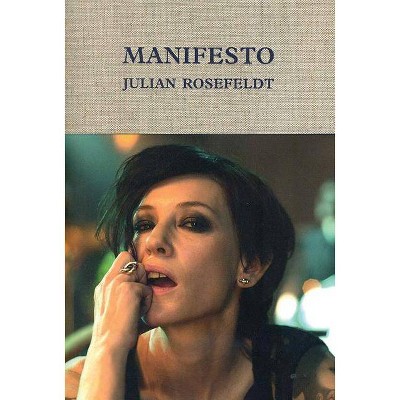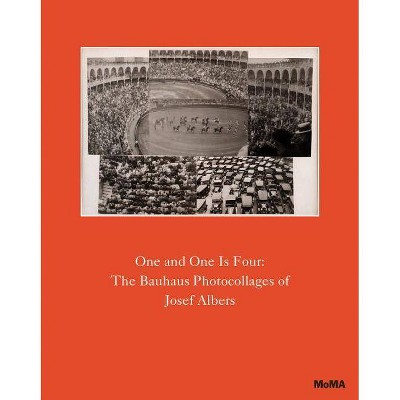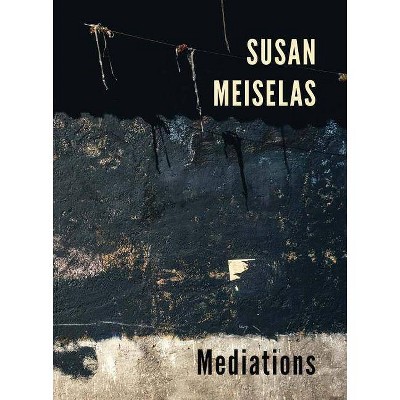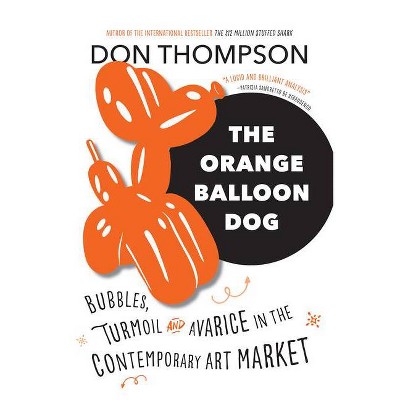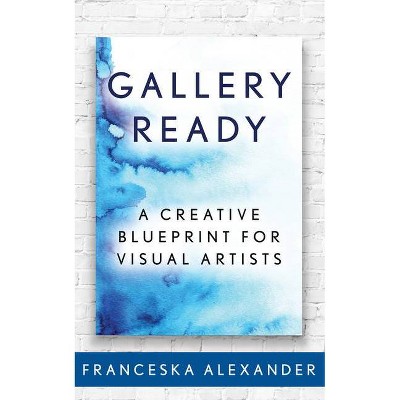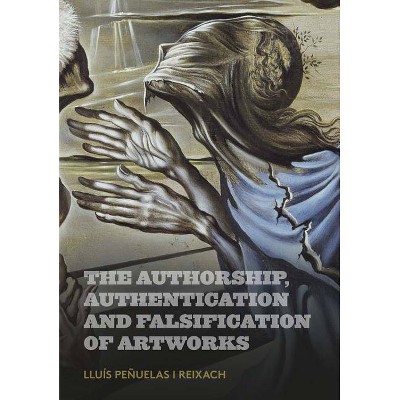The Best We Share - by Christoph Brumann (Hardcover)
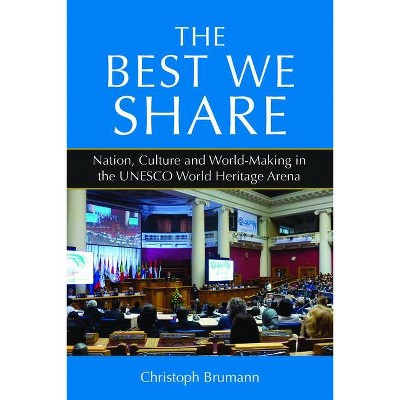
Similar Products
Products of same category from the store
AllProduct info
<p/><br></br><p><b> About the Book </b></p></br></br>"The UNESCO World Heritage Convention is one of the most widely ratified international treaties, and a place on the World Heritage List is a widely coveted mark of distinction. Building on ethnographic fieldwork at Committee sessions, interviews and documentary study, the book links the change in operations of the World Heritage Committee with structural nation-centeredness, vulnerable procedures for evaluation, monitoring and decision-making, and loose heritage conceptions that have been inconsistently applied. As the most ambitious study of the World Heritage arena so far, this volume dissects the inner workings of a prominent global body, demonstrating the power of ethnography in the highly formalised and diplomatic context of a multilateral organisation"--<p/><br></br><p><b> Book Synopsis </b></p></br></br><p> The UNESCO World Heritage Convention is one of the most widely ratified international treaties, and a place on the World Heritage List is a widely coveted mark of distinction. Building on ethnographic fieldwork at Committee sessions, interviews and documentary study, the book links the change in operations of the World Heritage Committee with structural nation-centeredness, vulnerable procedures for evaluation, monitoring and decision-making, and loose heritage conceptions that have been inconsistently applied. As the most ambitious study of the World Heritage arena so far, this volume dissects the inner workings of a prominent global body, demonstrating the power of ethnography in the highly formalised and diplomatic context of a multilateral organisation.</p><p/><br></br><p><b> Review Quotes </b></p></br></br><br><p> <em>"Brumann's richly textured monograph makes one feel the privileged observer of an international organisation's inner workings, of what lies behind UNESCO's powerful symbolic cachet. Taking the World Heritage Committee as a contested field site, he brings to light the very concreteness of heritage policies whilst, at the same time, identifying their globalising ambitions and globalised connections. A must read!"</em> <strong>- David Berliner</strong>, Université Libre de Bruxelles</p> <p> <em>"This excellent book, arguably the most authoritative analysis of the field to date, unpacks the political, legal, diplomatic and cultural dimensions of the World Heritage phenomenon in a lucid and even-handed way. Revealing the nuts and bolts of the struggle for a shared human identity, it shows us divided by a common past."</em> <strong>- Thomas Hylland Eriksen</strong>, University of Oslo</p> <p> <em>"...a crucial reading for anthropologists observing 'world-making' though the exploration of international apparatuses shaping global governance. At the same time, it offers to political scientists an alternative perspective on topics such as the crisis of multilateralism or the persistence of North/South imbalances."</em> <strong>- Chiara Bortolotto</strong>, Institut interdisciplinaire d'anthropologie du contemporain at EHESS, Paris</p><br><p/><br></br><p><b> About the Author </b></p></br></br><p> <strong>Christoph Brumann</strong> is Head of Research Group at the Max Planck Institute for Social Anthropology, Halle, and Honorary Professor of Anthropology at Martin Luther University Halle-Wittenberg. His books include <em>World Heritage on the Ground: Ethnographic Perspectives</em> (co-edited with David Berliner, Berghahn Books, 2016) and <em>Tradition, Democracy and the Townscape of Kyoto: Claiming a Right to the Past</em> (Routledge, 2012).</p>
Price History
Cheapest price in the interval: 134.99 on October 22, 2021
Most expensive price in the interval: 134.99 on November 8, 2021
Price Archive shows prices from various stores, lets you see history and find the cheapest. There is no actual sale on the website. For all support, inquiry and suggestion messages communication@pricearchive.us

